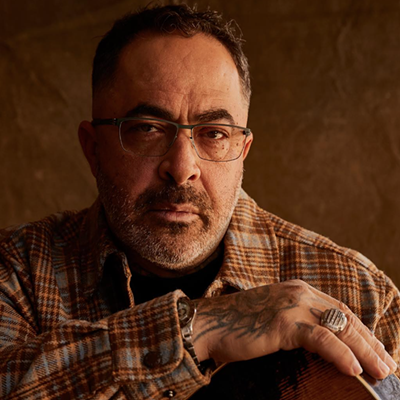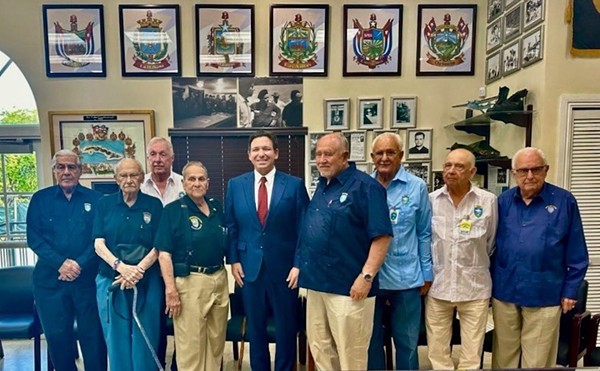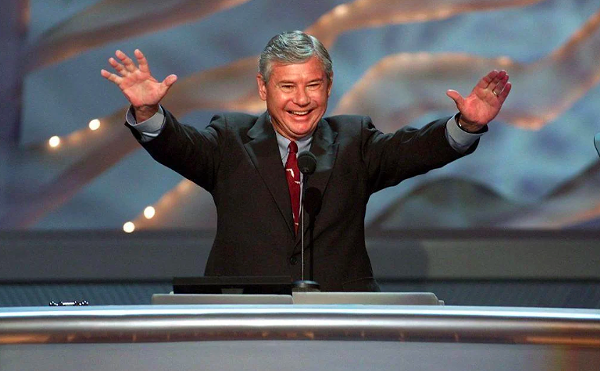Bus Rapid Transit (BRT) is seen as an increasingly viable local option where the flexibility of a bus is combined with innovative marketing strategies like fare collection and precision docking. But although Brian Pessaro, a Senior Research Associate at the USF Center for Transportation Research, gave a detailed lecture of several successful models, he could not give an answer as to how his presentation could be tailored to Pinellas County. With words like “Pinellas Alternative Analysis” and “consolation prize” used in the panel, it becomes implied that this was no one’s first choice.
Cassandra Ecker Borcher, Program Manager for Jacobs Engineering, updated the audience on Pinellas Alternative Analysis ideas that would connect regional activity centers. This alternative analysis is a detailed study of a transportation problem that provides opportunities for the community using a locally preferred alternative. Through eTownHalls and forums like this panel, Borcher reiterated how “robust public engagement” is necessary for successful implementation.
The self-proclaimed “wet blanket” Darren Smith, Smart Growth Policy Representative and lobbier for federal transportation policy, continued the doom-and-gloom transportation forecast. With the federal government strapped for cash he asserted, don’t expect the Obama administration to bail us out. Tony Carvajal, Director of State Policy Coordination, Collins Center for Public Policy, looked towards the future, asking the audience to add 30 years to their age to see how people’s transportation needs are changing, regardless of whether or not investments occur. Carvajal spoke in practical terms, saying, “I don’t care if you don’t believe in climate change, but insurance companies do and they’re pricing this state as if it’s already occurring.” With 80% of Florida’s population growth coming from people not originally from Florida, it becomes necessary to explore how to get this new population to re-invest and re-educate in Florida’s transportation future. With its physical location, Florida is poised to be the next global geo-center of growth —but only if transportation improves.
The last question of the Q&A session asked the speakers what, if any, bright spots exist in this depressing situation? Borcher believes that incremental adjustments in the short-term can help Pinellas County reach its long-term goals. And as uncertain as the future looks, Carvajal tried to cheer up the crowd with a quote from Paul Harvey: “In times like these it’s good to remember —there have always been times like these.” Several local political leaders showed face at the panel, including Representative Jim Frishe, and several county commissioners. Perhaps, in a pointed remark directed at his colleagues, state Senator Latvala said, “I’ve got a big target on my back because I stood up for what I believed in," referring to his moderate stances on some issues that helped kill some bills in the Legislature.
Overall, the panel emphasized how this is a galvanizing moment for Florida transportation history and it remains to be seen if Florida can fix itself, or if we’ve already missed the bus.

















